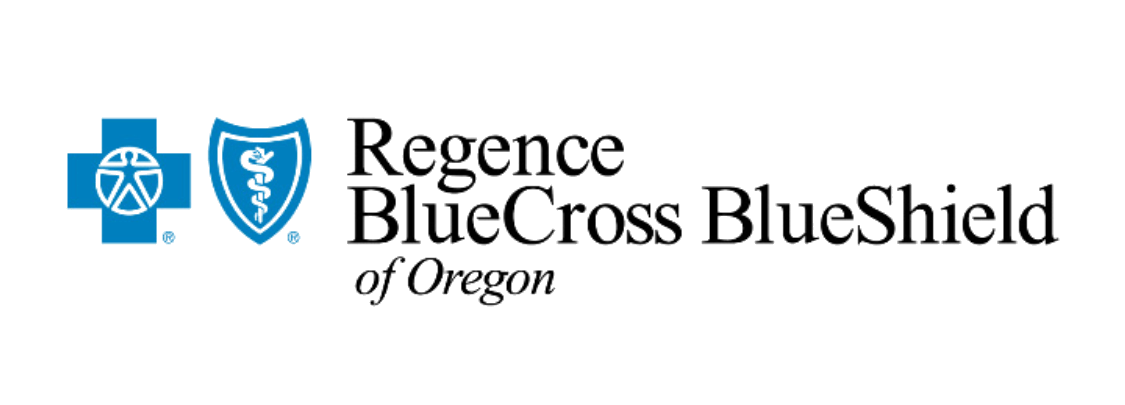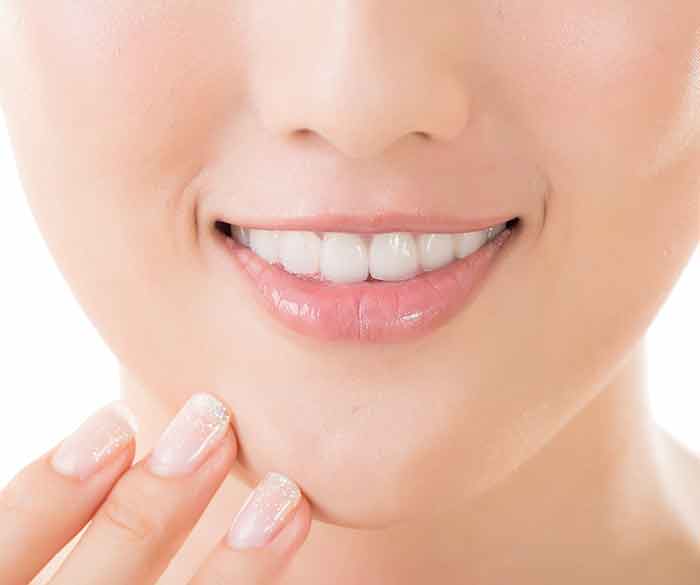4 Lifestyle Factors That May Affect Your Teeth
- By Admin
- •
- 04 Apr, 2019
- •
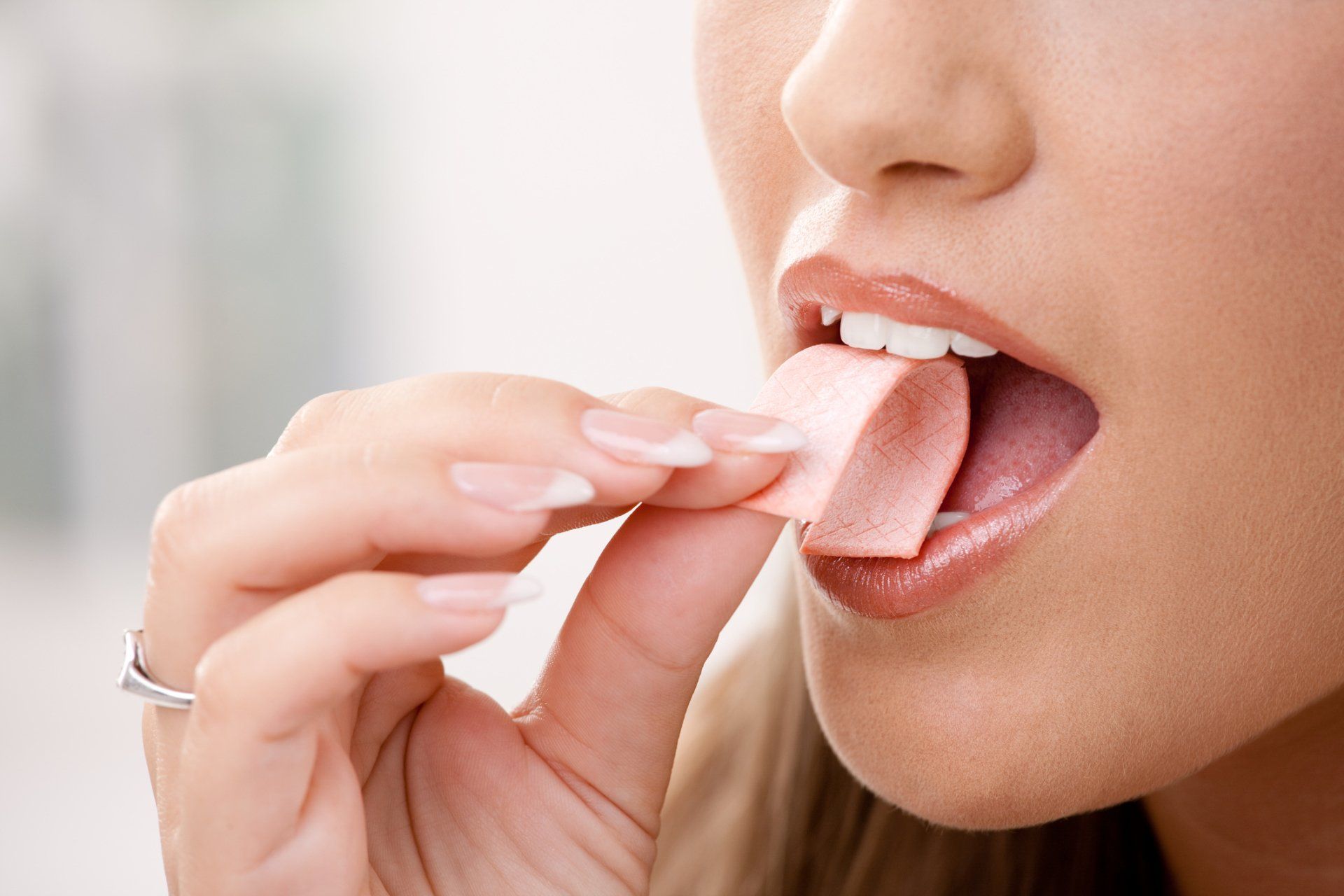
You've heard that sugary, overly processed diets and lax oral hygiene can damage teeth, but a lot of other factors (such as lifestyle, health, and even genetic factors) can also affect how healthy your teeth are. Here are four lifestyle factors that you may not have realized were affecting your teeth.
1. Sleep Position
Did you know that sleeping on your back may contribute to sleep apnea, a common cause of nighttime tooth grinding? Conversely, if you grind your teeth at night but don't have sleep apnea, sleeping on your back may be the best position to reduce grinding and clenching.
So if you suspect you grind your teeth at night, you may want to get a sleep study done to find out if you have sleep apnea or not. This can help clarify so you can decide on the best sleep position for you.
Some dentists will simply prescribe a night guard for grinding. But while a night guard protects your enamel from excess wear at night, it doesn't avoid stressing your gums when you clench and grind your teeth. So taking a multipronged approach to the issue may be best.
So if you suspect you grind your teeth at night, you may want to get a sleep study done to find out if you have sleep apnea or not. This can help clarify so you can decide on the best sleep position for you.
Some dentists will simply prescribe a night guard for grinding. But while a night guard protects your enamel from excess wear at night, it doesn't avoid stressing your gums when you clench and grind your teeth. So taking a multipronged approach to the issue may be best.
2. Stress Levels
Many people carry excess tension in their shoulders, neck, and jaw region. This often leads to clenched teeth throughout the day, which can transfer to teeth grinding at night as well. But even if you just clench your jaw during the day, you may still be unconsciously stressing your jaws and wearing down your enamel.
Other ways high stress levels can damage your teeth include:
Other ways high stress levels can damage your teeth include:
- Making you statistically more likely to snack and less likely to cook healthy meals
- Making you feel like you don't have as much time to spend on oral hygiene
- Causing acid reflux, which can erode your teeth and cause cavities
- Leading to complications such as dehydration and dry mouth
3. Caffeine and Beverage Habits
You likely already know that sugar-filled beverages are bad for your teeth. But even straight black coffee or a coffee or tea latte without sugar can damage your teeth if you sip it slowly all day (caffeinated or not). Coffee is acidic, so it can damage tooth enamel, and lactose (milk sugar) in a latte can feed cavity-causing bacteria. In fact, a cup of milk has 12 grams
of lactose.
Caffeinated beverages also have the potential to harm oral health in other ways. For example, caffeine is a diuretic so it can cause you to become slightly more dehydrated, and it can dry your mouth out slightly (meaning there's less helpful saliva to neutralize acids and carry minerals to teeth). Tannins in coffee and tea can stain teeth, and coffee can cause bad breath.
Caffeinated beverages also have the potential to harm oral health in other ways. For example, caffeine is a diuretic so it can cause you to become slightly more dehydrated, and it can dry your mouth out slightly (meaning there's less helpful saliva to neutralize acids and carry minerals to teeth). Tannins in coffee and tea can stain teeth, and coffee can cause bad breath.
4. Gum Chewing Habits
Chewing gum can, in theory, affect oral health in either a positive or a negative way. First off, it can affect your oral health positively (assuming you're using sugar-free gum) because it helps get saliva flowing, which keeps your oral environment neutral in PH and rich in minerals. And if you use xylitol-containing gum after eating, it may even reduce plaque formation.
On the other hand, if you chew gum constantly, it may contribute to jaw tension, which can translate into a negative effect: increased tooth grinding at night. And if you have TMJ, you should consult your dentist before taking up a chewing gum habit.
These four lifestyle habits may not be as obvious as a sugary diet or a smoking habit or failing to brush your teeth, but they can still have decided repercussions on your oral health. Sunrise Dental is here for both your emergency dental needs and your regular dental check-ups. Get in touch today to learn more.
On the other hand, if you chew gum constantly, it may contribute to jaw tension, which can translate into a negative effect: increased tooth grinding at night. And if you have TMJ, you should consult your dentist before taking up a chewing gum habit.
These four lifestyle habits may not be as obvious as a sugary diet or a smoking habit or failing to brush your teeth, but they can still have decided repercussions on your oral health. Sunrise Dental is here for both your emergency dental needs and your regular dental check-ups. Get in touch today to learn more.
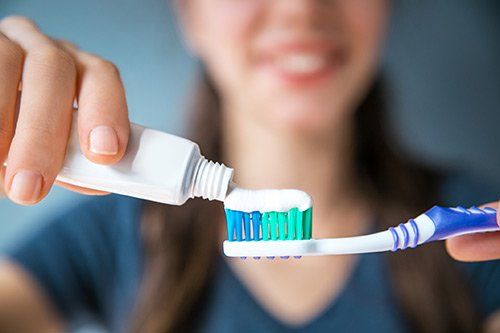
Preventative dental care is arguably the most important care you can receive from your dentist because prevention will help you maintain optimal care for your lifetime. Preventative care includes services like fluoride treatment, x-rays, sealants, and dental prophylaxis.
While in-office visits every six months are important, preventative dentistry doesn't stop there. Your at-home efforts make a big difference. Here are three ways to improve your at-home dental care.
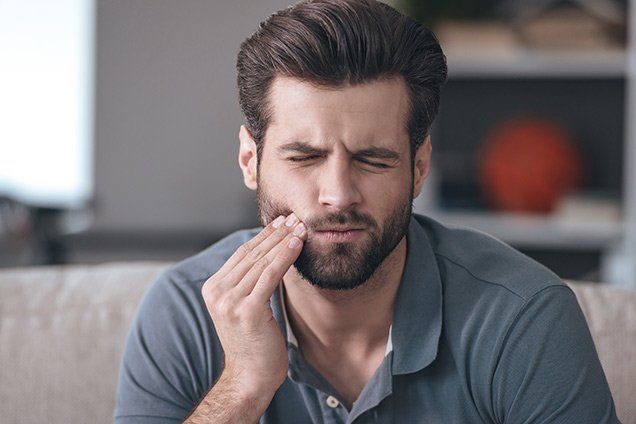
You've probably heard your dentist talk about "dental emergencies" in the past. A dental emergency involves a condition that needs to be treated by a dentist as soon as possible, hopefully within the hour. A knocked-out tooth or mysterious bleeding after a dental procedure are both examples of dental emergencies. Random pain in the jaw or tooth can also be a dental emergency, depending on the characteristics of that pain.
You should know the different kinds of dental pain so you can know when to call a dentist in an emergency. These tips can help you understand what types of pain are most indicative of a dental emergency.
You should know the different kinds of dental pain so you can know when to call a dentist in an emergency. These tips can help you understand what types of pain are most indicative of a dental emergency.

With the summer season right around the corner, many families have plans for days of fun, including swimming lessons, pool time, and various water sports. Tooth injuries and damage are unfortunately common in swimming accidents. With some preventative care and precautions, however, you can reduce the risk of harm to your smile.
Here are some simple things to keep in mind for oral health
and safety this summer as you swim with your family.
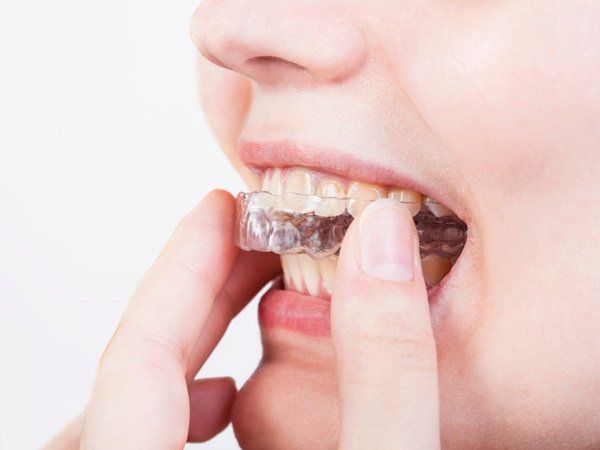
f you're an athlete, or if you're the parent of a student athlete, you're probably familiar with safety equipment. Helmets, pads, protective eyewear, and special shoes are some of the types of safety equipment that athletes often use. Unfortunately, one piece of safety equipment doesn't always get the attention that it needs – the mouth guard.
Mouth guards help protect the athlete's teeth and oral tissues from damage and are recommended for a wide variety of different sports. If you're an athlete or the parent of a young athlete, understand what types of athletes need mouth guards and how to take care of them.
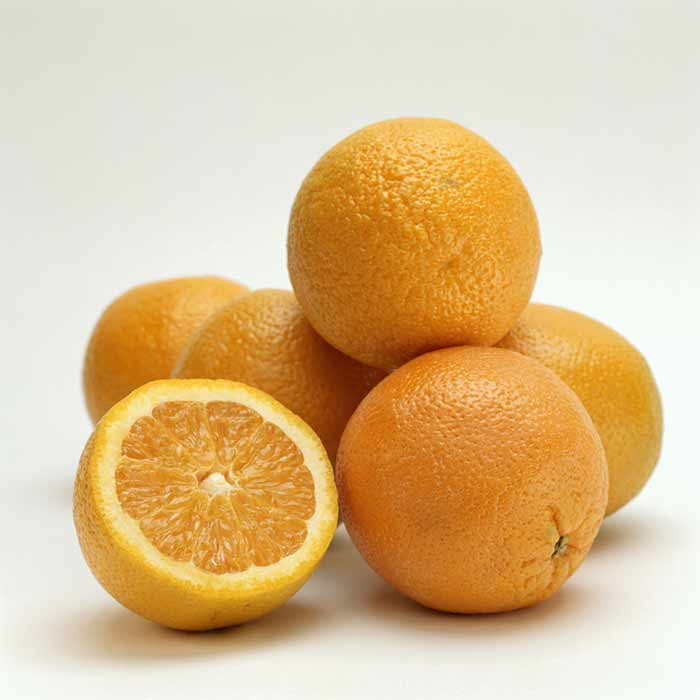
Some of the foods you love the most, even the healthy ones, can cause damage to your teeth by eroding tooth enamel. Tooth enamel is the hard outer layer of your teeth, and its sole design is to protect your teeth against cavities and bacteria. It's considered tougher than bone and is the hardest part of the human body.
Unfortunately, tooth enamel can be worn down by everyday foods and beverages, especially acidic or sugary substances. Here is a small list of consumables that can damage your tooth enamel and ways you can still eat or drink them safely as part of your regular diet.
Unfortunately, tooth enamel can be worn down by everyday foods and beverages, especially acidic or sugary substances. Here is a small list of consumables that can damage your tooth enamel and ways you can still eat or drink them safely as part of your regular diet.
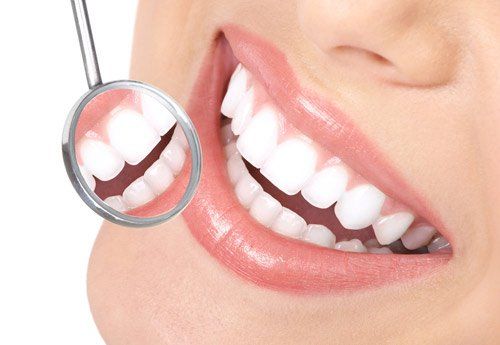
When you picture your ideal smile, you may primarily focus on your teeth. While teeth are certainly the first aspect of a smile you see, a healthy smile also requires strong gum tissue. Keeping your gums healthy
is an important part of preserving your smile.
In this blog, we guide you through several of the most important concepts related to gum tissue health, including what you can do if you don't currently have strong enough gums to support your dream smile.
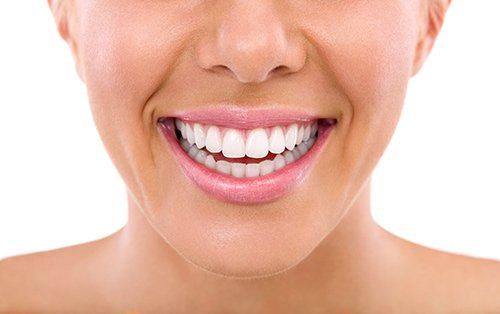
If you experience sensitivity in your teeth whenever you eat something cold, hot, or sweet, you may wonder why you have this problem and what can you do to stop it. Your sensitive teeth may be a result of enamel erosion.
Enamel erosion occurs when the surfaces of your teeth (enamel) wear down from a loss of calcium and other valuable minerals. A number of things can erode your enamel, including sweet and acidic foods and beverages.
Although you can't reverse enamel erosion once it occurs, you can take steps to reduce or stop its damaging effects on your teeth.


